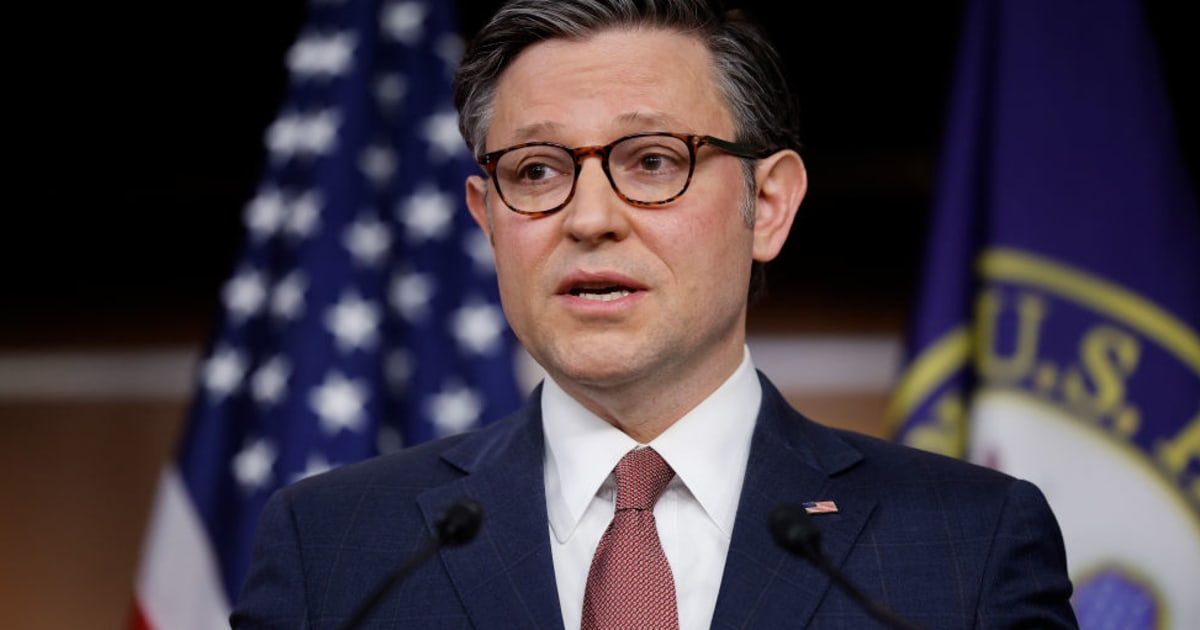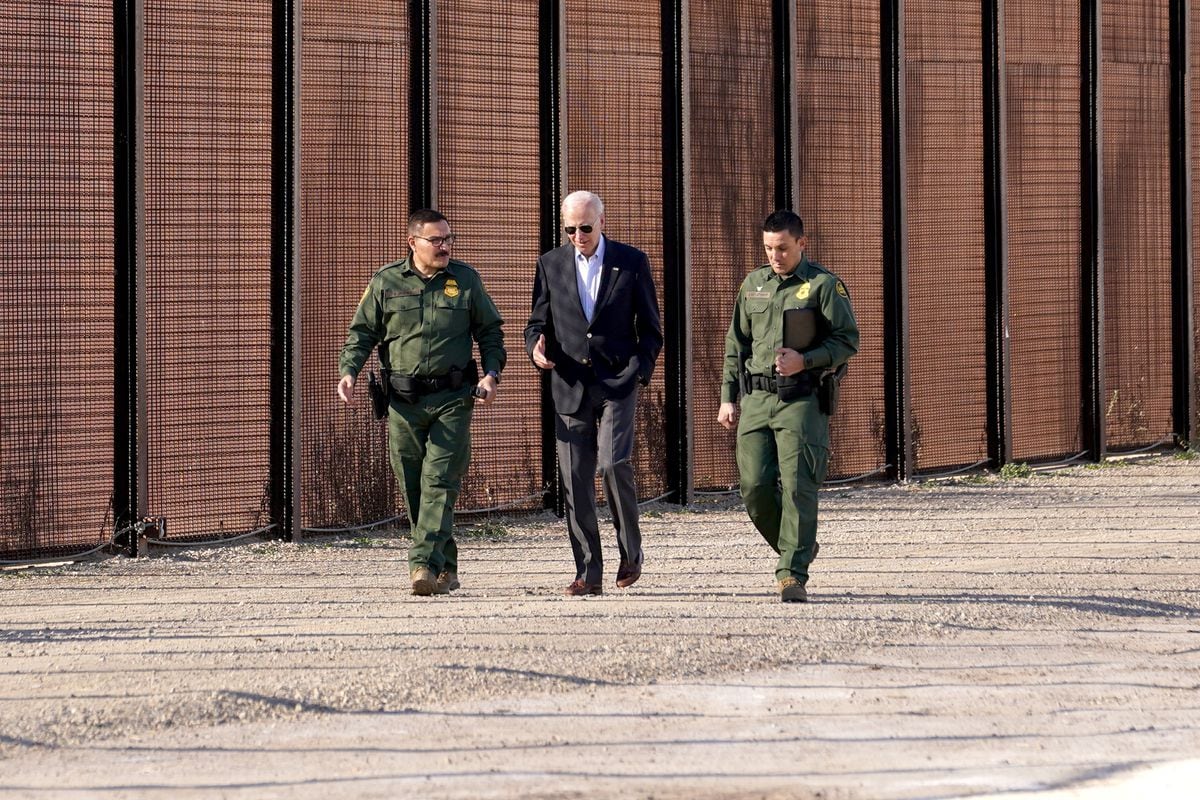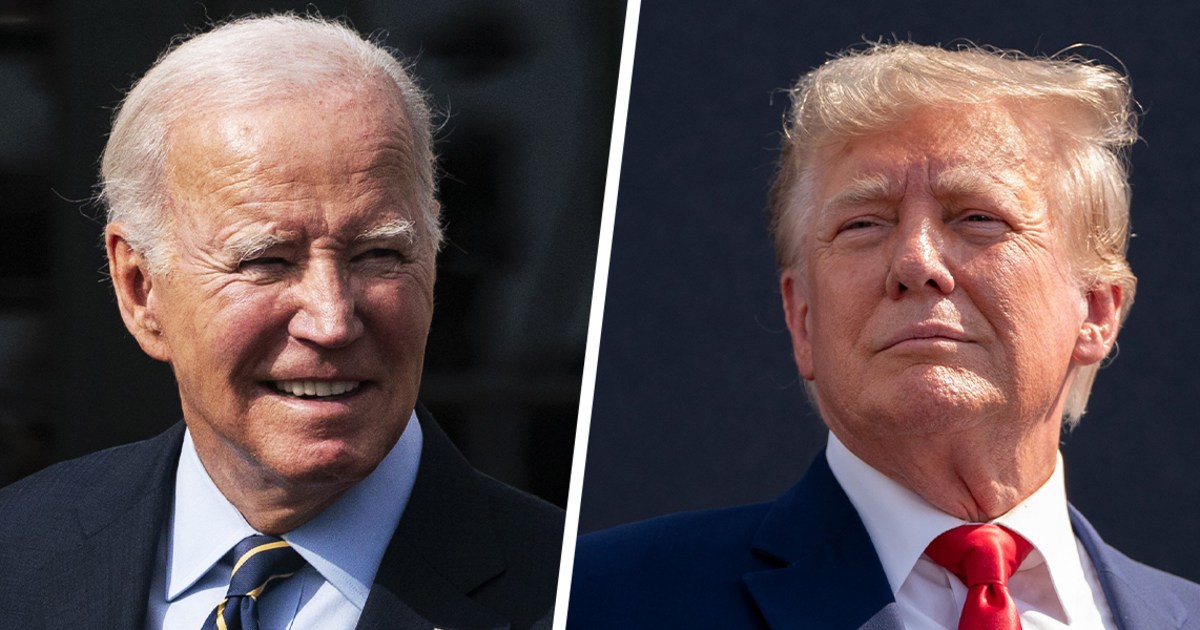At the Summit of the Americas, immigration is the background to almost every initiative.
Economic cooperation, issues of democracy, health and even climate change have largely to do with promoting development to stop the unprecedented migration crisis in the region.
The Summit has a stellar moment this Friday with the Los Angeles declaration on immigration, carefully prepared by the United States Government.
"We don't want to stop immigration," says Juan González, President Joe Biden's senior adviser for Latin America, in a telephone interview with EL PAÍS in which he advances the main lines of that statement.
“What is going to be signed this Friday with leaders from Latin America and the Caribbean is something unprecedented: to see the migration issue as a shared challenge, where we have to respond to the fundamental issues that lead people to emigrate: the economy, insecurity, lack of access to education... This is where we have to focus, on creating opportunities for people to want to stay at home," says González, director for the Western Hemisphere of the United States National Security Council. Joined.
The declaration was born somewhat weighed down by the absence of the presidents of the countries where the migration problem is most evident: the Northern Triangle of Central America (Honduras, El Salvador and Guatemala) and above all, that of Andrés Manuel López Obrador, president of Mexico.
Mexican Foreign Minister Marcelo Ebrard has shown some skepticism about the declaration.
Even so, González points out that “the migratory challenge is not only that of the border with the United States and Mexico, and it is not only the responsibility of the United States and Mexico.
We have seen countries like Colombia that have almost two million Venezuelans as refugees, but all of South and Central America and parts of the Caribbean have been impacted by the migration problem.”
The declaration, explains the senior US official, "is an agreement between the countries of origin, transit and migratory destination."
The first element is economic cooperation for development, in which organizations such as the Inter-American Development Bank are expected to play a more prominent role.
The idea is that they can mobilize more resources and reinforce direct financing to the private sector.
Return irregular immigrants
Next, there is the control of irregular immigration: "Promote our laws to ensure that for people who are migrating irregularly and do not have a credible asylum request, there is an organized and dignified way to return them to their countries of origin," says González. .
“The third thing”, he continues, “is to expand the capacity to support the refugee community, create stronger asylum spaces and create regular routes for immigration, because at the end of the day we do not want to stop immigration.
What we want to do is take business away from human traffickers and create channels so that someone doesn't have to walk from Colombia or Venezuela to the United States.
It is a comprehensive response to the immigration issue.
Will you solve the issue tomorrow?
No, it is something complex and Latin America is suffering a crisis like it has not happened in 100 years”.
Washington trusts that the countries of origin and transit see immigration as a shared responsibility.
It is a step forward and more elaborate compared to the simple and controversial: "Don't come", with which Vice President Kamala Harris premiered on a visit to Central America and which was used by other countries in the region to criticize US immigration policy. .
Regarding the absence of leaders at the summit, González prefers to highlight that there are "23 leaders and also more than 68 governments, international organizations and other guests."
And when asked about the power's loss of influence in the region, more aware of the war in Ukraine and its Asian policy, González believes that rather, in the history of the United States, when there have been conflicts and instability in other parts of the world, that has led to a realignment of policy towards the region”.
“We continue to be the greatest power to galvanize, formalize, or organize a hemispheric response to shared challenges: on the issue of the pandemic, food insecurity, or climate change, only the United States has been able to mobilize a coordinated agenda to confront those kinds of challenges around the world,” he adds.
The United States has been negotiating a deal for Spain to take in Central American refugees.
He avoids confirming whether there will be an announcement of an imminent agreement (“I leave that to the Spanish government”), but he does point out: “We have a working group that went to Madrid and we have had very close cooperation on the migration issue with Spain, and in other topics from Latin America and the Caribbean.
As the host of the next NATO meeting [at the end of the month in Madrid], it is something that the president and his Spanish counterpart are going to discuss, but the United States and Spain have a fluid dialogue on many issues in the Hemisphere.”
Subscribe here to the EL PAÍS América newsletter and receive all the key information on current affairs in the region.
50% off
Exclusive content for subscribers
read without limits
subscribe
I'm already a subscriber






/cloudfront-eu-central-1.images.arcpublishing.com/prisa/GZBJJXO3EZE2HLSP5ZRRKYYYOY.JPG)


/cloudfront-eu-central-1.images.arcpublishing.com/prisa/YLOEMFF4HJC23HMOYLNKJIYY3A.jpg)